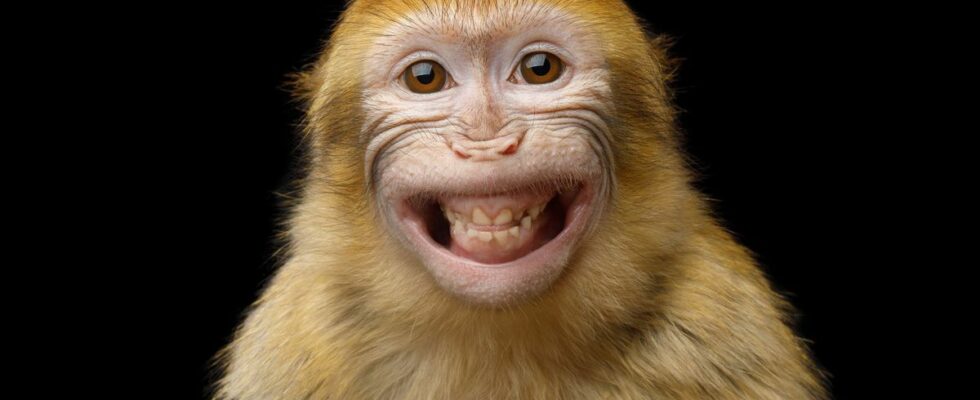Published on
updated on
Reading 2 min.
As we get older, we tend to be less willing to meet and connect with new people. And this phenomenon is not unique to the human species. Indeed, animals also become less and less sociable as they age.
In its latest special edition published on October 28, the journal Philosophical Transactions of the Royal Society B: Biological Sciences looked at the decline in sociability with age in animals. Because, like us, our animal friends socialize less with their peers when they get older. Does have less contact with their peers as they age. Ethologists observe the same behavior in rhesus macaques and in certain insects, including vinegar flies.
Birds are not spared from this phenomenon of social distancing. Sparrows, for example, place less importance on maintaining numerous friendships as they get older, as affirmed by a study published in the journal Philosophical Transactions of the Royal Society B: Biological Sciences. “Birds, like mammals, also reduce the size of their social circle as they age. Specifically, the number of friendships and centrality a bird occupies in a larger group decreases with age“, explains Dr Jamie Dunning, co-author of the study, in a press release.
Dr Josh Firth, editor of the latest special edition of Philosophical Transactions of the Royal Society B: Biological Sciences, believes several factors explain why animals become less sociable over time. It is possible that as animals age, they become socially connected because they do not feel the need to share information in the same way as their younger siblings. Or they avoid mixing with their peers to protect themselves from certain parasitoses. Deer, for example, tend to become more antisocial with age for this reason.
But sociability has multiple benefits for animals. After analyzing data on more than 150 different species, Dr. Roberto Salguero-Gómez, associate professor of ecology at the University of Oxford, found that the most sociable animals tend to live longer than their peers. more solitary. They also have longer reproductive periods and generation cycles than them.
In other words, social isolation is also harmful to animals. “In humans, an adverse social environment can have the same impact on healthy aging as smoking or obesity. The same is true for […] animals”, underlines Amanda Bretman, co-author of a study appearing in the latest special edition of Philosophical Transactions of the Royal Society B: Biological Sciences.
Enough to shake up our vision of the animal. Our animal friends not only have mental capacities much greater than what has long been believed, but they also feel complex emotions. By studying them more, perhaps we will also learn more about ourselves.
